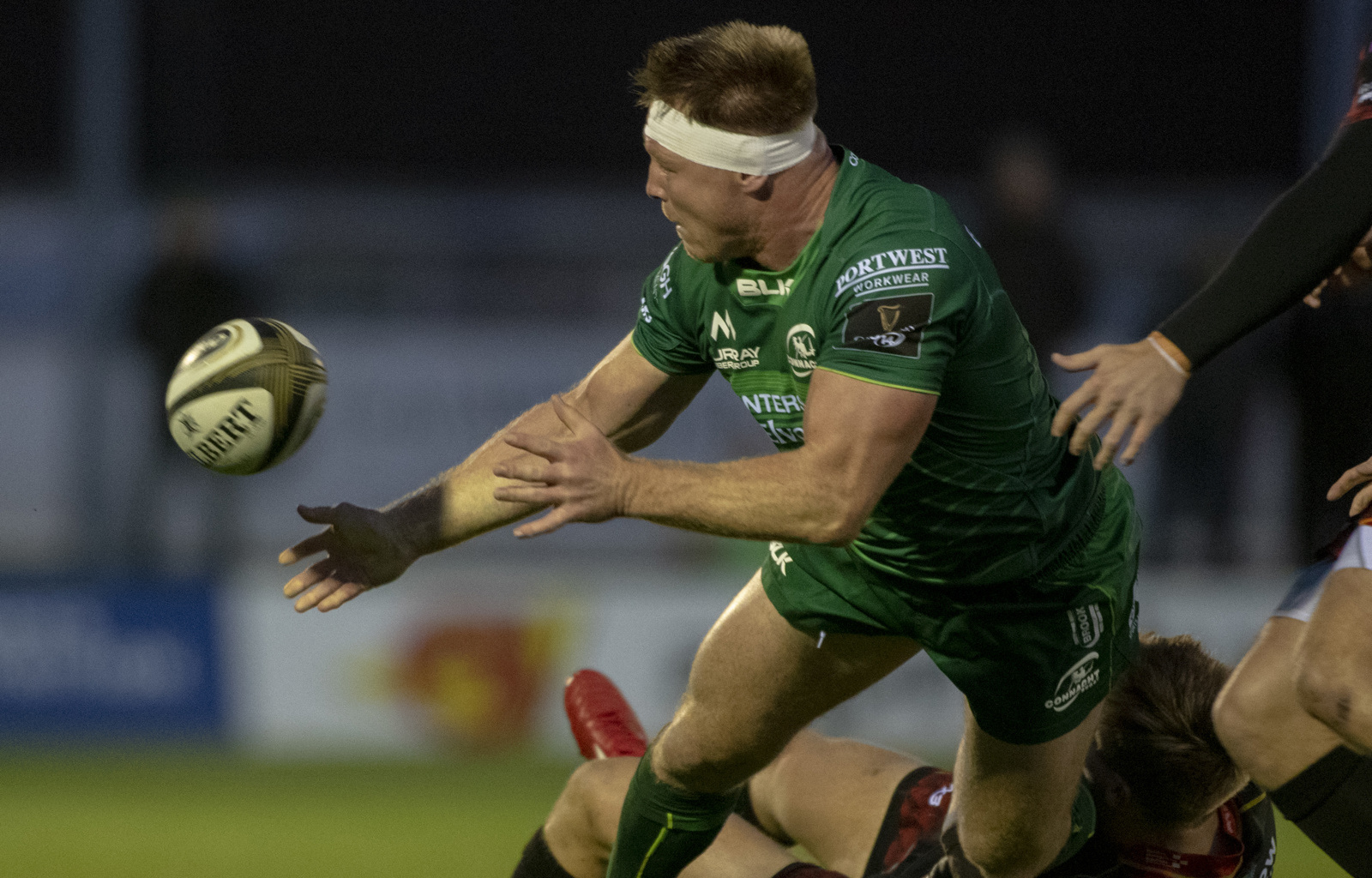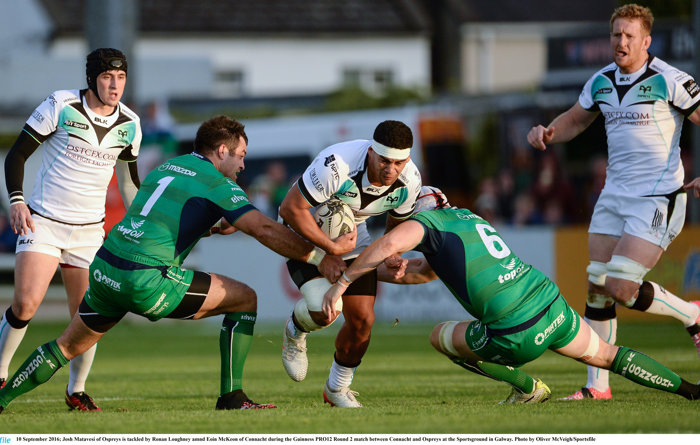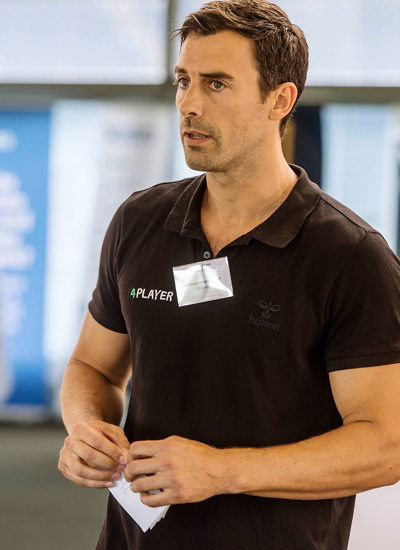
Are rugby players more equipped for a second career than footballers?
Generally, yes. One of the main reasons is that about 50% of professional rugby players have a degree or vocational education (compared to 13% of footballers). Because they don’t join a rugby club academy until they are 18 and an academy contract can last for three years, many of them finish a degree or diploma as they are finishing the academy.
What kind of help do you give rugby players?
We work closely with players at their clubs. I am three days a week at Connacht rugby club in the west of Ireland. I have an office at the club, wear club uniform and attend the Monday morning meeting, when staff discuss the week ahead. I’m seen as one of the club staff even though I am employed by the player association.
Our work has five main pillars: career, education, finance, social engagement and mental well-being. We launched a “Tackle Your Feelings” campaign in 2015, for example, to give players vocabulary to say when they are not ok. We’re trained in mental-health first aid but we don’t do counselling ourselves, we have a network of counsellors we refer players to.



